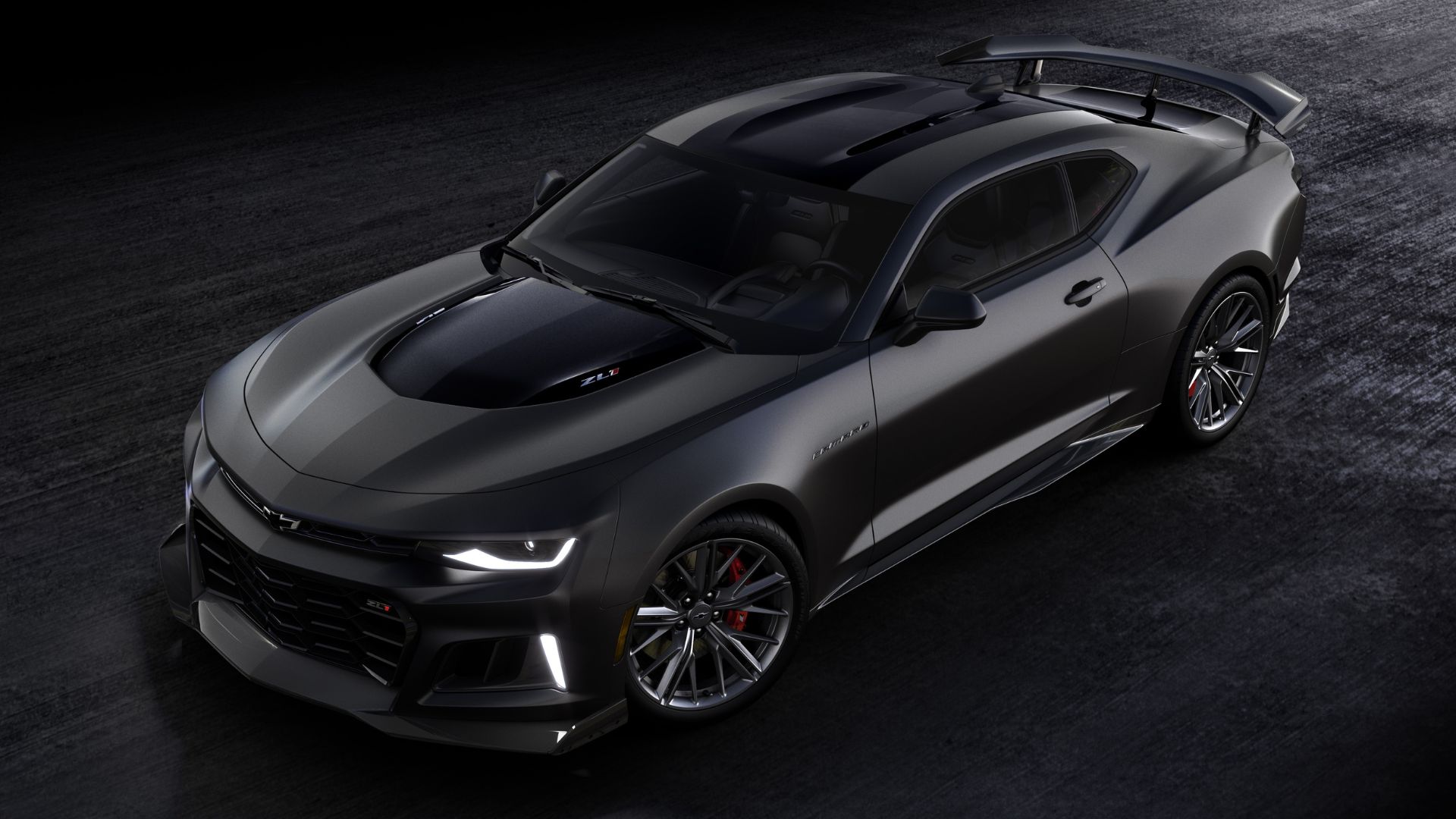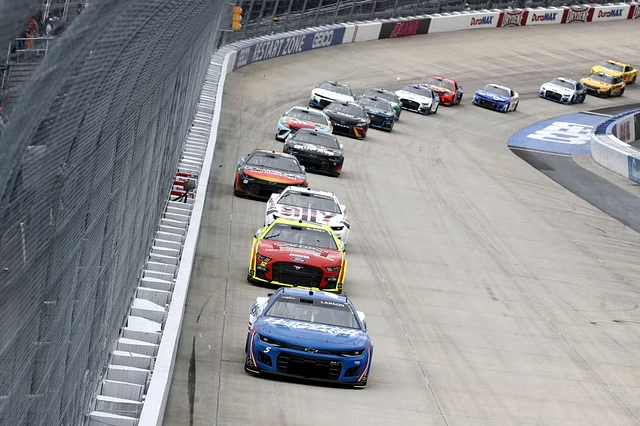The Chevy Camaro, once an icon of American muscle cars, has unfortunately become a prime target for car thieves in California.
Recent data from law enforcement agencies, including the San Francisco Police Department (SFPD) and the Los Angeles Police Department (LAPD), reveals a troubling trend of increasing Camaro thefts.
In 2022, there were 21 reported thefts of Camaros in San Francisco alone. However, that number nearly doubled to 46 in 2023, indicating a significant uptick in car thefts within just a year.
Similarly, in Los Angeles, while there were only seven reported Camaro thefts at this time in 2023, the number has alarmingly surged to 90 in 2024.
These stolen Camaros often end up being used in illegal street takeovers or being sold on social media platforms at drastically reduced prices. Thieves have been exploiting vulnerabilities in key fob technology, using cloning devices to bypass security systems and start the vehicles with ease.
Law enforcement officials and consumer advocacy groups are urging Camaro owners to take proactive measures to safeguard their vehicles against theft. One recommended approach is installing a kill switch, which disrupts the engine’s ignition system and prevents unauthorized access.
Additionally, utilizing GPS tracking devices such as LoJack or OnStar can aid in locating the vehicle in the event of theft.

Carmen Balber, the executive director of Consumer Watchdog, underscores the need for action at both the consumer and manufacturer levels.
Related Articles:
- Local Teen’s Battle with Lyme Disease: A Warning for Others
- Four Men Fatally Shot at Local Car Wash in Alabama
- Campaign: Newsom in South Carolina, Nevada for Biden-Harris
While consumers can take steps to protect their cars, Balber emphasizes that car manufacturers must address the underlying vulnerabilities in key fob technology to prevent future thefts effectively.
Moreover, Balber highlights the role of insurance companies in responding to the increased theft risks associated with key fob cloning. Insurance companies are urged to work with regulatory bodies to adjust pricing structures based on evolving security threats in the automotive industry.














+ There are no comments
Add yours